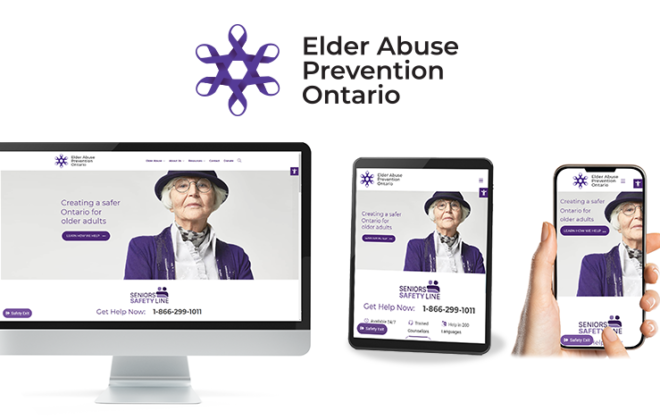Public Statement: More Beds, Better Care Act 2022 (Bill 7)
The Board of Directors of Elder Abuse Prevention Ontario (EAPO), in accordance with our mission to create an Ontario free of abuse for all seniors, expresses its grave concern that the More Beds, Better Care Act, as currently framed, creates increased risk for abuse and neglect of vulnerable older adults.
- Those long-term care homes (LTCH) which retain spaces despite the 38,000 Ontarians currently waitlisted for long-term care, and to which seniors will likely be directed through implementation of the Act, will generally be those homes which struggle to achieve acceptable levels of care. As documented both by the 2019 Gillese Enquiry and the more recent Covid-19 Long-Term Care Commission, the risks to seniors of abuse and neglect in substandard facilities is very high. The seniors who will be directly affected by Bill 7, and who will be directed to long-term care homes not of their choice, are among the most vulnerable Ontarians, given their physical and cognitive limitations and the encompassing nature of institutional living. The risks to seniors in implementing the Act as currently written go beyond quality of life issues, as important as these are, to risks of serious physical, mental, emotional and other harms.
- Among the most important safeguards against elder abuse is close connection to families, friends and communities. Placements under the Act’s procedures will create a significant risk of severing or undermining these connections. As well as providing essential care to seniors in institutional settings, families and friends are vital safeguards against abuse. We are particularly concerned about seniors who belong to linguistic minorities or historically disadvantaged groups, who particularly rely on close connections with their communities to meet their fundamental needs.
- We remind the government that vulnerable seniors and their families have been under extreme and prolonged strain during the pandemic. The Act’s implementation will force families who are already in difficult circumstances to make impossible choices. Some will lack the financial resources to pay the per diems associated with waiting for a preferred placement; they will be financially coerced to accept an intolerable decision. Some will choose to return their vulnerable seniors to risky and inappropriate environments in the community, rather than set them adrift alone, in an unfamiliar, distant and inappropriate setting. The risks to these seniors and their families are significant.
- Finally, we note that the removal of informed, voluntary consent, absent of financial or other coercion, will be understood by our clients, their families and our community partners as abusive and a violation of human rights. The government and hospitals will likely face an increased risk of litigation for harm experienced and violation of human rights.
EAPO recognizes the imperative to address the crisis in hospitals. Our own experience has taught us that the best response to a challenge is often preventive, and we urge government to take a preventive lens to this challenge. Providing supports in the community through strengthened home and community care, affordable supportive housing, additional supports to family caregivers and enhanced primary care can and will do much to reduce pressures on the hospital system. There is ample evidence-based information on more cost-effective preventive strategies should the government wish to employ alternatives to further institutionalization.
EAPO reaffirms its commitment to working with and alongside local and regional volunteer elder abuse prevention networks to increase awareness of and prevent abuse and neglect of older Ontarians. The better our community response and support capacities, the safer vulnerable older Ontarians will be. We urge that the government take a government-wide preventive approach and invest in necessary supports – provincially, regionally and locally – for the desperate seniors, their families, and organizations that work with them, to prevent abuse and neglect.





